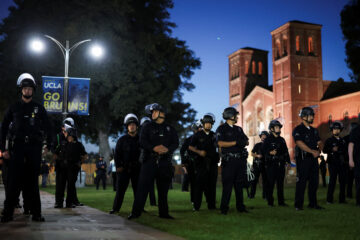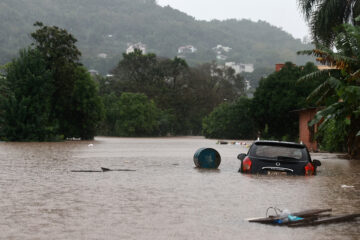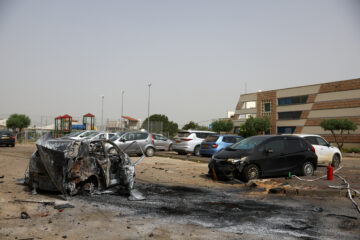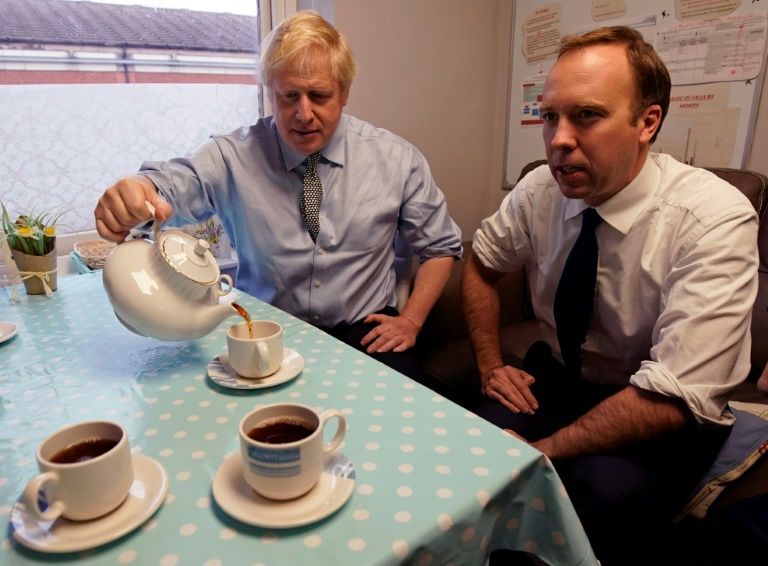Ivory Coast votes in first post-war presidential poll
Ivory Coast\’s President Alassane Ouattara was heavily favored to win a second term in a vote on Sunday seen as crucial to turning the page on a decade-long political crisis that ended in a brief civil war in 2011.
Ouattara, whose leadership has helped the West African nation re-emerge as a rising economic star on the continent, is facing a divided opposition – but a partial boycott and voter apathy could result in low turnout.
A peaceful election is crucial to reassuring investors who have flooded into the world\’s top cocoa grower, drawn by growth rates of around 9 percent over the past three years as other African economies have crumbled due to the commodities crash.
More than 6 million Ivorians are registered to cast their ballots at around 20,000 polling stations, with voting officially beginning at 7 a.m. (0700 GMT).
At a primary school in the western city of Man, a witness saw hundreds of people waiting to have their identities verified by new biometric technology before heading into the voter booths.
In a number of locations, however, voting materials arrived late, causing delays.
"We\’ve been here since 5 o\’clock this morning, but as you can see for yourself there\’s nothing," said Zacharia Traore, a shopkeeper and one of hundreds of people waiting to vote at a school in the city of Gagnoa.
An elections commission official said the same problem had affected many polling stations in the area. And voters in the Yopougon district of the commercial capital Abidjan were also forced to wait for ballots to arrive.
"I am here to do my civic duty. I want to do it quickly then get back home," said Yopougon resident Stephane Adou.
While few expect serious violence will mar the election, soldiers, police and gendarmes have been deployed across the country to secure the vote.
Reinforcements of security forces arrived overnight in Gagnoa, the home region of ex-president Laurent Gbagbo, whose refusal to recognize Ouattara\’s 2010 poll victory sparked the civil war. He is now in The Hague awaiting trial before the International Criminal Court charged with crimes against humanity.
Leaders of a break-away faction of Gbagbo\’s Ivorian Popular Front (FPI) have called for a boycott of the polls, and their strongholds in the west and in certain parts of Abidjan are potential flashpoints for violence.
The FPI has been joined in their boycott call by three candidates, including former Prime Minister Charles Konan Banny, who pulled out of the vote saying the process was stacked in Ouattara\’s favor.
Voter turnout will be critical to legitimizing Ouattara\’s mandate if he indeed wins the poll as expected.
Of the six candidates seeking to unseat him, FPI president Pascal Affi N\’Guessan, who is leading his party\’s moderates, is expected to be his chief challenger.
SOURCE: REUTERS
[do_widget_area inner_adsbar]











